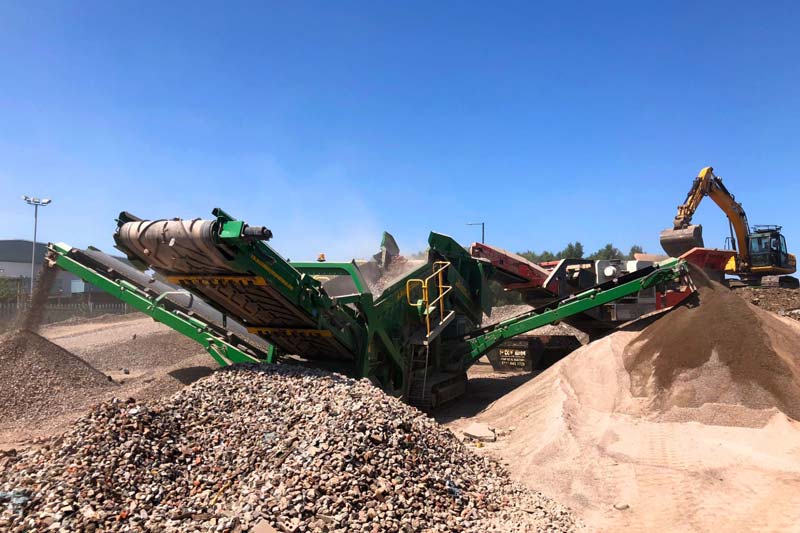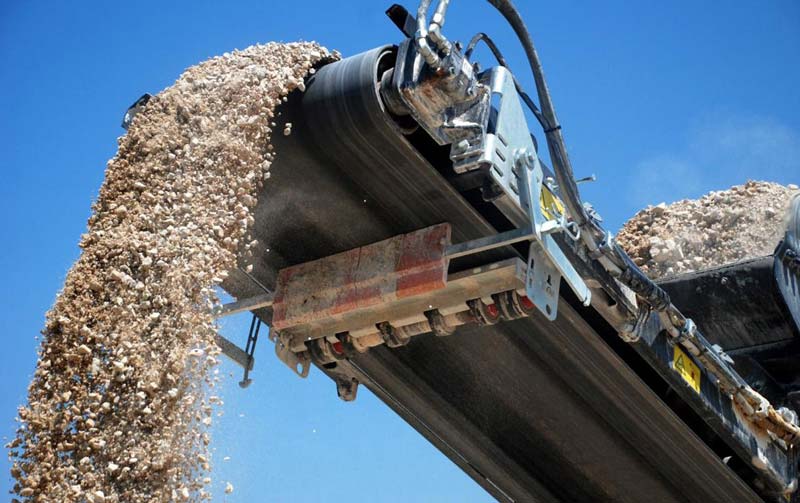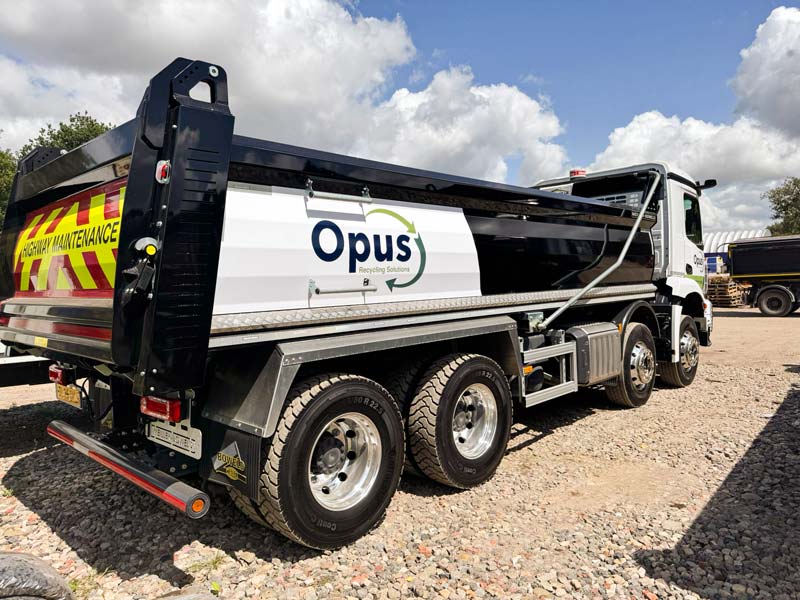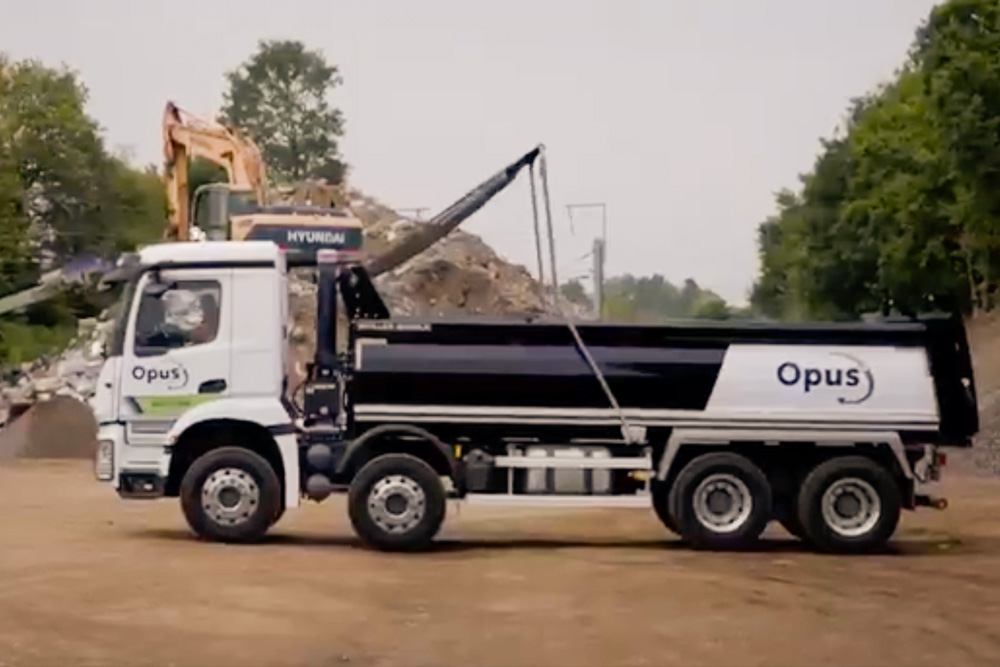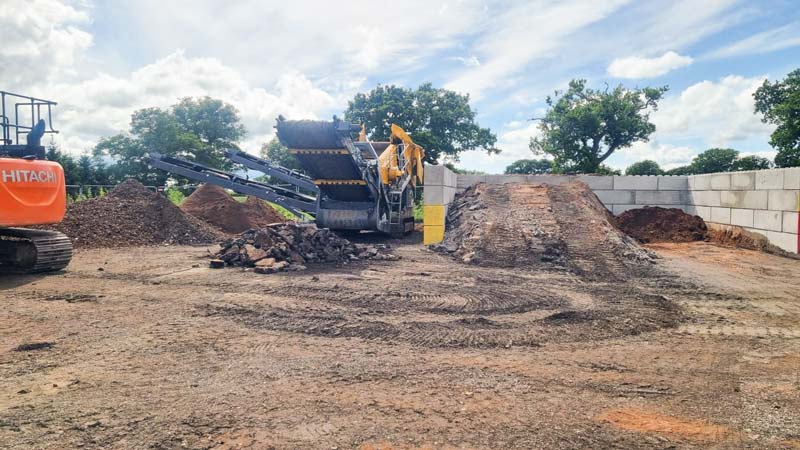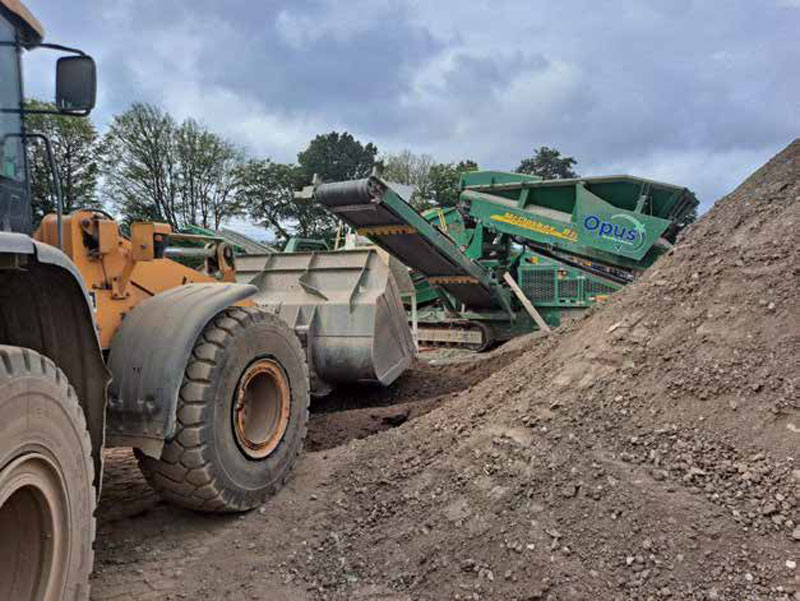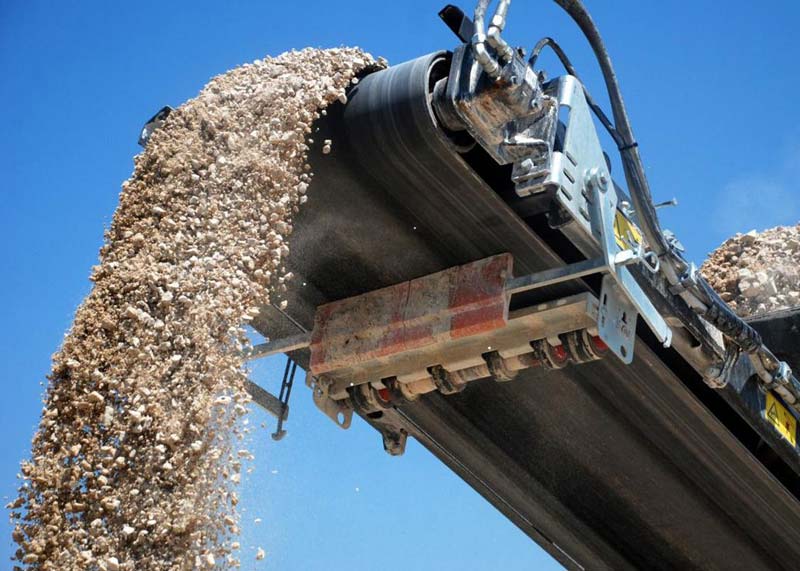Opus fulfil the need to reduce waste sent to landfill in the utility industry, reduce the carbon footprint and produce high-quality reinstatements in footpaths and carriageways
There is an acute need to reduce waste arisings sent to landfill in the utility industry, reduce the carbon footprint and produce high-quality reinstatements in footpaths and carriageways. Opus Recycling Solutions None Flowable Smr has been developed to fulfil these needs.
Sustainability
Opus Recycling Solutions None Flowable SMR reduces the carbon footprint by:
Working Benefits
Utility Industry
The Utility Industry generates huge amounts of excavated waste that, at present, goes to landfill. Using Opus Recycling Solutions None Flowable and ex-situ and on-site methodologies ensures that this is now in the past. Closed-loop recycling using ORS and our methodology results in zero landfills and zero imported aggregates.
Using these methods reduces the customers’ carbon footprint: there is no need for quarried aggregates and lorry movements are vastly reduced; traditional methods can only reclaim 45-50% of the waste with the rest going to landfill…this is negated with Our None Flowable SMR.
Our Batch-mixed product is superior to traditional products too. It has a higher performance strength, the product binds to the existing ground and, it is non-frost heave susceptible, resulting in a backfilled reinstatement that does not heave in the winter then sinks, does not create plug and beam effects, and gives a far larger load bearing surface.
It is used throughout the UK by Utility companies and their sub-contractors enabling them to hit their KPI’s, like the Governments ‘Road to Zero’ waste programme…
Up to 100% of earthwork waste can be recycled and transformed into a high-performance product. By using Opus Recycling Products and customised Quality Protocols, your excavated utility waste can be transformed into multiple products to supply your daily work needs. This is called a ‘One-Stop-Shop’ as your Grab wagon only needs to return to your yard to tip its waste and load up with all the products needed to complete the day’s work.
